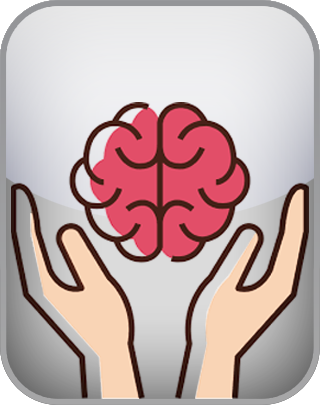Mental Health Literacy Scale (MHLS) Test
This test is based on the Mental Health Literacy Scale (MHLS), a tool designed to measure an individual's knowledge and understanding of mental health issues. It assesses various aspects of mental health knowledge. The test was developed by Matthew J. O’Connor and colleagues at Griffith University in Australia. It was first introduced in a 2015 study to provide a comprehensive measure of mental health literacy and can be used to estimate the extent of your knowledge concerning mental health issues.
To take the test, enter your input below.
Question 1 of 40
Self-care helps manage mental health symptoms but is often best combined with professional treatment.
NEXT
The IDRlabs Mental Health Literacy Scale was developed by IDRlabs, based on the Mental Health Literacy Scale (MHLS).
Mental health literacy refers to an individual’s ability to recognize, understand, and manage mental health conditions while also knowing how to seek appropriate support. It includes awareness of common mental disorders, their symptoms, and available treatments. High mental health literacy helps people differentiate between normal stress and more serious mental health conditions, allowing for early intervention and better outcomes.
One key aspect of mental health literacy is reducing stigma. Many individuals avoid seeking help due to fear of judgment or misunderstanding. By increasing knowledge about mental health, society can foster a more accepting environment where people feel comfortable discussing their struggles without shame. This leads to improved social support and a higher likelihood of individuals seeking professional care when needed.
Education plays a crucial role in enhancing mental health literacy. Schools, workplaces, and communities should integrate mental health education into their programs, helping individuals develop coping strategies and resilience. Providing clear and accessible information about mental health conditions ensures that people can make informed decisions about their well-being and that of others.
Access to resources is another critical factor. Many people struggle to find reliable information or professional services due to financial constraints, lack of awareness, or cultural barriers. Improving mental health literacy involves not only increasing knowledge but also ensuring that people know where and how to access the right support systems, including therapy, crisis helplines, and self-help strategies.
Ultimately, improving mental health literacy benefits individuals and society as a whole. It leads to earlier detection of mental health issues, reduces the burden on healthcare systems, and improves overall quality of life. By promoting education, reducing stigma, and ensuring access to resources, communities can create a more supportive and informed approach to mental health.
As the publishers of this free test, which allows you to screen yourself for mental health literacy traits, we have strived to make the test as reliable and valid as possible by subjecting this test to statistical controls and validation. However, free online quizzes such as the present test do not provide professional assessments or recommendations of any kind; the test is provided entirely “as-is.” For more information about any of our online tests and quizzes, please consult our Terms of Service.

